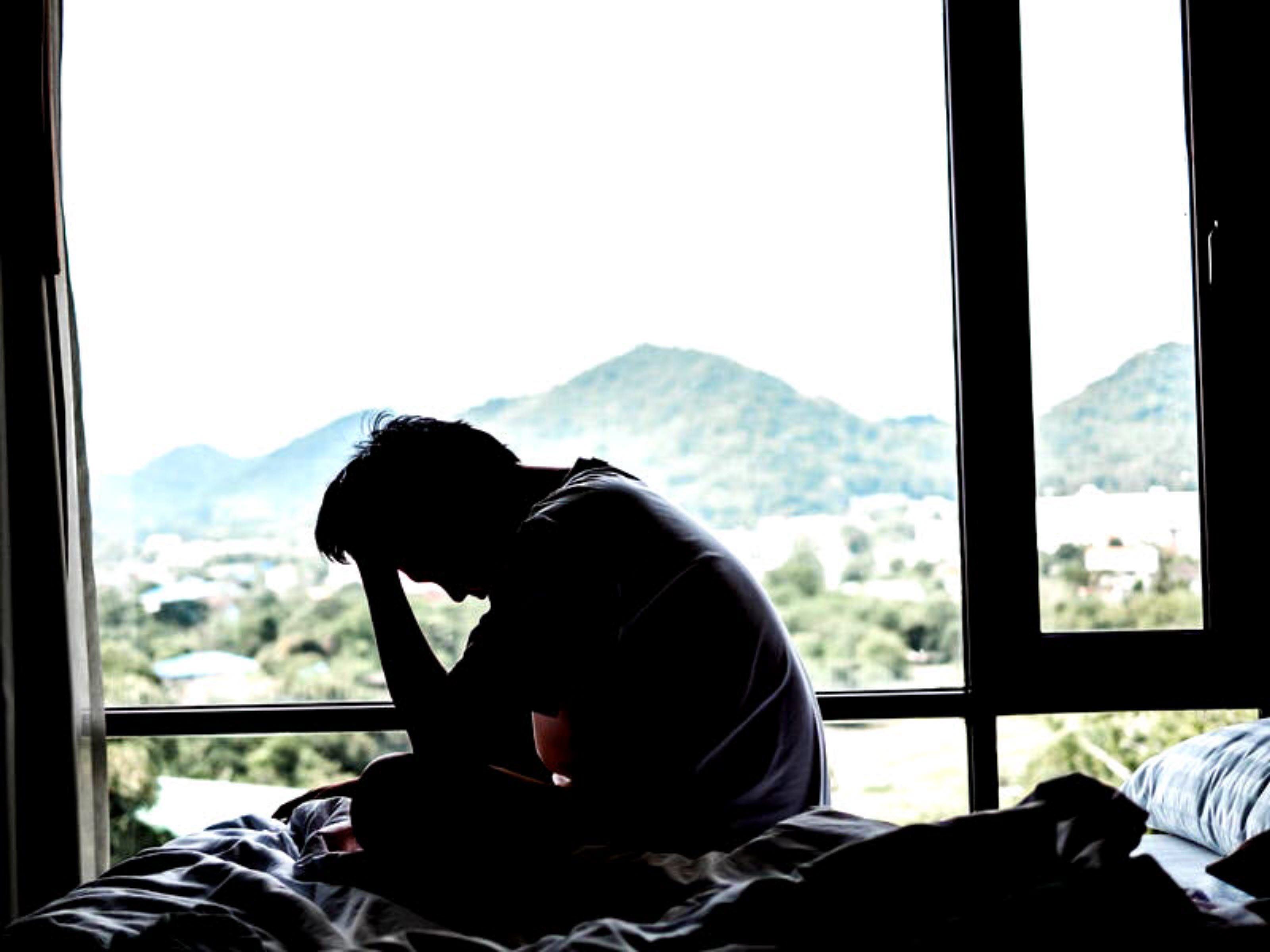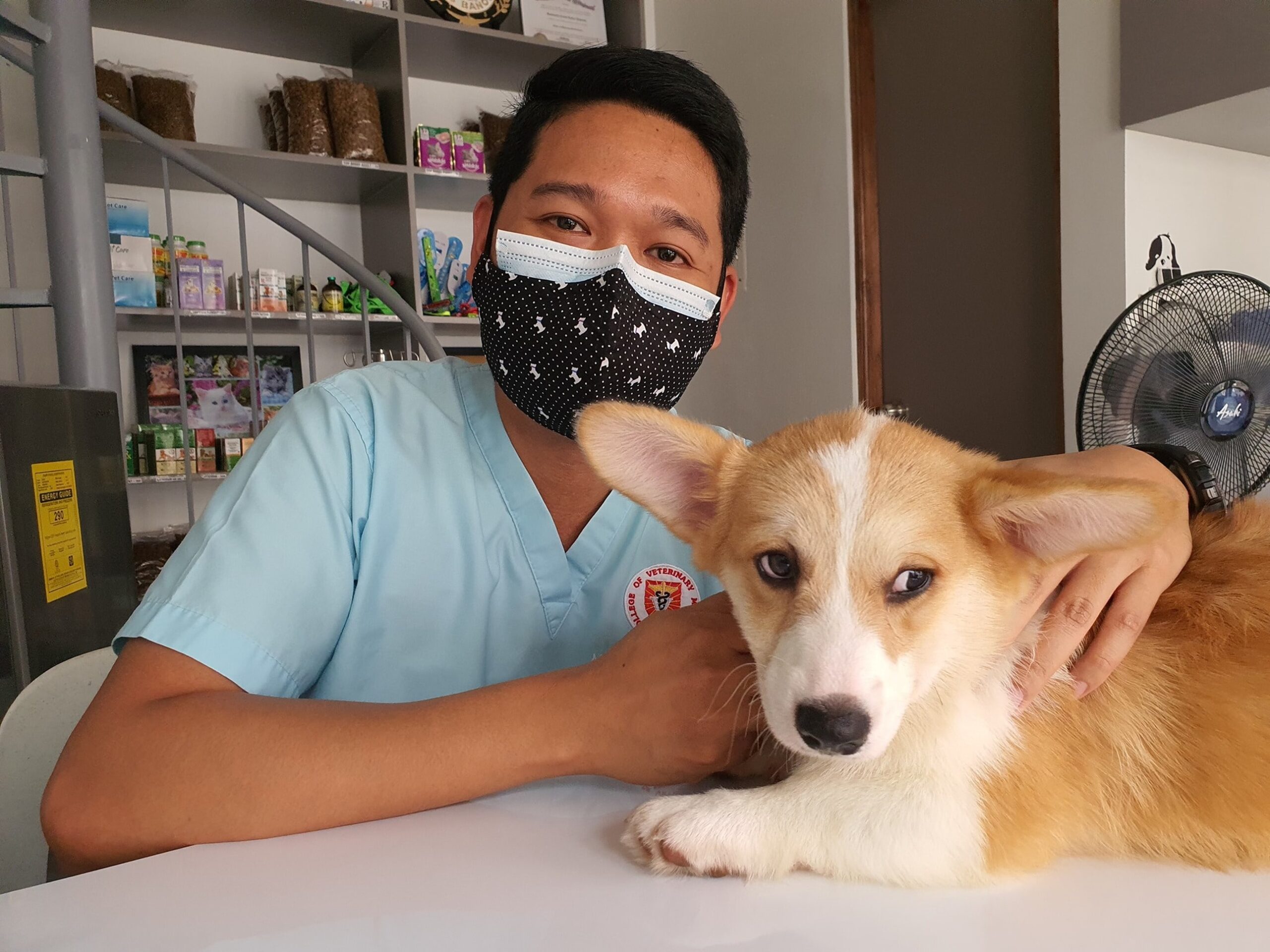
Men’s #mentalhealth is an important yet often overlooked health concern.
Both #men and #women experience #mentalhealth difficulties. However, there are some notable differences between the issues affecting them and the factors that influence those issues.
Keep reading to learn more about the most common issues and conditions affecting men’s #mentalhealth, including potential treatments and ways to help others experiencing #mentalhealthproblems.
How #mentalhealthissues affect #men differently
Seeking help is a crucial first step in recovering from any #mentalhealthcondition.
#Mentalhealthissues affect #men and #women differently in the following ways:
Differences in condition prevalence and #suicide rates
#Women are more likelyTrusted Source to experience #mentalhealthconditions than #men. They are also more likelyTrusted Source to attempt #suicide.
However, #men are more than 3.5 times more likely to die from #suicide than #women. This may be because they tend to choose more lethal weapons, such as firearms.
Different influencing factors
Men’s issues can develop from different causes and triggers than those that affect women.
For example, men’s issues often stem from societal expectations and traditional gender roles, which may lead #men to think that they must:
- be the breadwinners in the family
- display traditional “masculine” traits, such as strength and control
- rely on oneself and not seek help from others
- not speak openly about their emotions
Holding on to these traditional beliefs can negatively impact men’s #mentalhealth and keep them from accessing support and treatment.
Differences in seeking help
#Men are far less likelyTrusted Source than #women to seek treatment for issues such as #depression, #substanceabuse, and stressful life events. According to #MentalHealth America, this is due to:
- social “norms”
- a reluctance to talk
- downplaying their symptoms
A National Health Interview Survey reports that just 1 in 3 #men took medication for daily feelings of #depression or #anxiety, while just 1 in 4 spoke to a #mentalhealthprofessional.
For more research-backed information and resources for men’s health, please visit our dedicated hub.
Warning signs
The signs and symptomsTrusted Source of a #mentalhealthcondition will depend on the type, but there are some symptoms that people can look out for. These include:
- aggressiveness, anger, and irritability
- changes in mood or energy levels
- changes in appetite or sleeping habits
- difficulty focusing
- feeling restless or “on edge”
- a high consumption of #alcohol
- inappropriate use of #drugs
- participating in risky activities
- feeling sad, hopeless, numb, or emotionally “flat”
- having aches, pains, or other physical symptoms without a clear cause
- obsessive or compulsive thoughts or #behaviors
- thinking or acting in a way that causes concern to others or has a negative impact on work, social, or family life
- thinking about or attempting #suicide
If a person notices these symptoms in themselves or if a loved one spots them, it is a good idea to seek medical help.
Treating #mentalhealthissues in the early stages can often prevent the symptoms from becoming more severe and lower the risk of complications.
Who is at risk?
Several factors increase the risk of #mentalhealthconditions and #suicide among #men. The following groups may be more at risk than others:
- Older, #white #men: #White #men aged 85 years and older are most at risk of #suicide. More #men in this demographic die by #suicide every year than in any other group by age, sex, or race.
- #Men who have experienced trauma: Traumatic events, such as engaging in combat or being the victim of an assault, increase the risk of experiencing #posttraumaticstressdisorder (#PTSD).
- #Men experiencing employment issues: Working in poor conditions or having a high workload can increase the risk of #mentalhealthissues. Unemployment and retirement also increase the riskTrusted Source of #depression and #suicide.
- #Men who have had a marital breakdown: #Depression is more common, and more severe, among #men who are divorced. One studyTrusted Source suggests that being single is a significant #suicide trigger among #men.
- #Men with legal or financial concerns: Having legal or financial worries can trigger the development of #mentalhealthproblems and increase the risk of #suicide.
- #Men who misuse #alcohol or #drugs: #Men are more likelyTrusted Source to engage in illicit #druguse and #alcohol use, which can trigger or exacerbate #mentalhealthconditions.
- #Men with a family history of #mentalhealthissues: Many #psychiatric conditions — including #bipolardisorder, #depression, and #schizophrenia — run in familiesTrusted Source, suggesting a genetic component.
- #Men dealing with other life challenges: Other risk factorsTrusted Source for #mentalhealthproblems and #suicide include physical illness or discomfort, conflict with family or friends, and the illness or death of a family member.
Common #mentalhealthconditions in #men
Some of the most prevalent #mentalhealthconditions among #men are:
#Depression
#Depression is characterized by a persistent low mood that interferes with everyday functioning. Worldwide, it is one of the most common #mentalhealthconditions.
#Depression is almost twice as commonTrusted Source in #women as #men. However, #men are far less likelyTrusted Source than #women to seek treatment for it.
Learn about some of the hidden symptoms of #depression here.
Learn about the typical symptoms of #depression in #men here.
#Anxietydisorders
#Anxietydisorders are characterized by intense and uncontrollable feelings of fear and worry.
The most common type, generalized #anxietydisorder (GAD), often co-occurs with #depression. Although #women are twice as likely to experience GAD, #men are less likely to seek treatment for it.
Other types of #anxietydisorders, such as #socialanxietydisorder and #obsessivecompulsivedisorder (#OCD), are equally common among #men and #women.
#Socialanxietydisorder causes intense #anxiety and fear in social situations, while #OCD causes the continuous repetition of specific thoughts (obsessions) or a compulsive need to perform specific routines repeatedly (compulsions).
#Schizophrenia
#Schizophrenia is a severe #mentalhealthcondition wherein people do not interpret reality as it is. They experience hallucinations, delusions, and other forms of disordered thinking.
#Schizophrenia can have a significant impact on quality of life and relationships. Of those who receive a #schizophrenia diagnosis by the age of 30 years, 90% are #men.
#PTSD
#PTSD is a condition characterized by symptoms of reliving a traumatic experience, avoidance, and hyperarousal.
Research indicates that around 60% of #men experience at least one traumatic event in their lifetime, while 50% of #women do. Types of #trauma differ, with #men being more likely to experience:
- accidents
- assaults
- combat
- natural disasters
- witnessing a death or injury
#Women are more likely to experience #sexualassault or #child #sexualabuse.
Although #men have a higher risk of traumatic events, #women are more likely to develop #PTSD.
#Substanceabuse
Across most age groups, #men have higher ratesTrusted Source of use or dependence on illegal #drugs and #alcohol than #women. They are also more likely to require an emergency department visit and die from overdose.
According to the National Institute on #Alcohol Abuse and AlcoholismTrusted Source, 68,000 #men die annually from #alcohol-related causes, compared with 27,000 #women.
Learn more about addiction here.
Treatment
Although many #men are reluctant to seek and continueTrusted Source treatment for #mentalhealthissues, it is a vital step in recovery. With effective treatment, people can learn to manage their symptoms and begin to feel better.
Some treatment options include:
Psychotherapy
Therapy can help people work through issues that have triggered #mentalhealthconditions. It can also help individuals manage their symptoms, change their negative thoughts and unhelpful #behaviors, and learn new coping skills.
There are many different styles of therapy. In order for it to be effective, it is essential that people find the right #therapist and type of therapy for them.
Medication
A #doctor may prescribe medication to treat various #mentalhealthconditions or symptoms associated with those illnesses.
For example, they may prescribe:
- antidepressants
- antianxiety medications
- antipsychotic #drugs
- sleep aids
Typically, #doctors will recommend that people use medications in combination with psychotherapy.
Lifestyle changes
Making positive lifestyle changes can make a significant contribution to #mental #well-being.
For example, it is important to:
- Eat a balanced diet.
- Get enough sleep.
- Exercise on most days.
- Manage #stress through meditation or yoga, or in other ways.
- Limit or avoid the use of #alcohol and #drugs.
Learn more about some natural ways to ease conditions such as #anxiety here.
Peer support
Attending a support group or group counseling can be very helpful for those with a #mentalhealthcondition.
Prevention
There is no sure way to prevent #mentalhealthconditions. However, the following steps may reduce the risk of developing one:
- Communicate with family and friends, especially during stressful periods.
- Seek treatment promptly if any symptoms of poor #mentalhealth develop.
- Continue with maintenance treatment to prevent relapses of #depression or other #mentalhealthconditions.
- Learn to manage #stress through meditation, mindfulness, creative outlets, or other methods.
- Practice positive lifestyle choices, such as eating well, sleeping enough, and exercising.
- See a #therapist for issues such as low #self-esteem or #childhood #trauma, which could trigger #mentalhealthproblems later in life.
How to help
There are several things a person can do to help a loved one with #mentalhealthissues. For example:
- Look for changes in the person’s #behavior and mood. These may indicate the development of a #mentalhealthissue.
- Talk to the person and ask them how they are feeling. This is especially important if they have just experienced an upsetting event, such as divorce, bereavement, or retirement.
- Encourage them to talk to their #doctor or a #mentalhealthprofessional.
- Offer to look up treatment providers, make an appointment for them, or attend the treatment with them.
- Check in with them regularly to see how they are.
- If someone is at risk of #suicide, do not leave them alone. Call 911 and wait with them until help arrives.
Having the support of loved ones can have a significant impact on a person’s recovery. Some researchTrusted Source even suggests that some people who have #suicidalthoughts but do not act on them choose not to do so because of the support of their friends and family.
#James Donaldson notes:Welcome to the “next chapter” of my life… being a voice and an advocate for #mentalhealthawarenessandsuicideprevention, especially pertaining to our younger generation of students and student-athletes.Getting men to speak up and reach out for help and assistance is one of my passions. Us men need to not suffer in silence or drown our sorrows in alcohol, hang out at bars and strip joints, or get involved with drug use.Having gone through a recent bout of #depression and #suicidalthoughts myself, I realize now, that I can make a huge difference in the lives of so many by sharing my story, and by sharing various resources I come across as I work in this space. #http://bit.ly/JamesMentalHealthArticleOrder your copy of James Donaldson's latest book,#CelebratingYourGiftofLife:From The Verge of Suicide to a Life of Purpose and Joy
http://www.celebratingyourgiftoflife.com
Helpful organizations
Organizations that may be helpful for #men with #mentalhealthconditions include:
- the #NationalAllianceonMentalIllness, which is available at 800-950-#NAMI (800-950-6264) or by free text for those in crisis (text “#NAMI” to 741-741)
- the #NationalSuicidePreventionLifeline, which is available 24/7 at 800-273-TALK (800-273-8255)
- the Face It Foundation, which provides support groups, peer support, and other resources for #men with #depression
- HeadsUpGuys, which is an organization that provides strategies to manage or prevent #depression in #men
- the Movember Foundation, which is a charity that focuses on issues that affect men’s physical and #mentalhealth
#Suicideprevention
If you know someone at immediate risk of #self-harm, #suicide, or hurting another person:
- Ask the tough question: “Are you considering #suicide?”
- Listen to the person without judgment.
- Call 911 or the local emergency number, or text TALK to 741741 to communicate with a trained crisis #counselor.
- Stay with the person until professional help arrives.
- Try to remove any weapons, medications, or other potentially harmful objects.
If you or someone you know is having thoughts of #suicide, a prevention hotline can help. The #988SuicideandCrisisLifeline is available 24 hours a day at #988. During a crisis, people who are hard of hearing can use their preferred relay service or dial 711 then #988.
Click here for more links and local resources.
Summary
Men’s #mentalhealthissues differ from women’s in many ways, yet they are just as important. One concerning aspect is that #men are more reluctant to seek treatment for issues they face. The risk of #suicide is also much higher among #men.
However, seeking and continuing treatment can have a significant positive impact on the lives of #men who experience #mentalhealth difficulties. Seeking support from #healthprofessionals and loved ones can ease the symptoms, improve quality of life, and reduce the risk of #suicide.
Many organizations offer support to those experiencing #mentalhealthchallenges, and many focus solely on providing information and help to #men.
https://standingabovethecrowd.com/?p=10290






